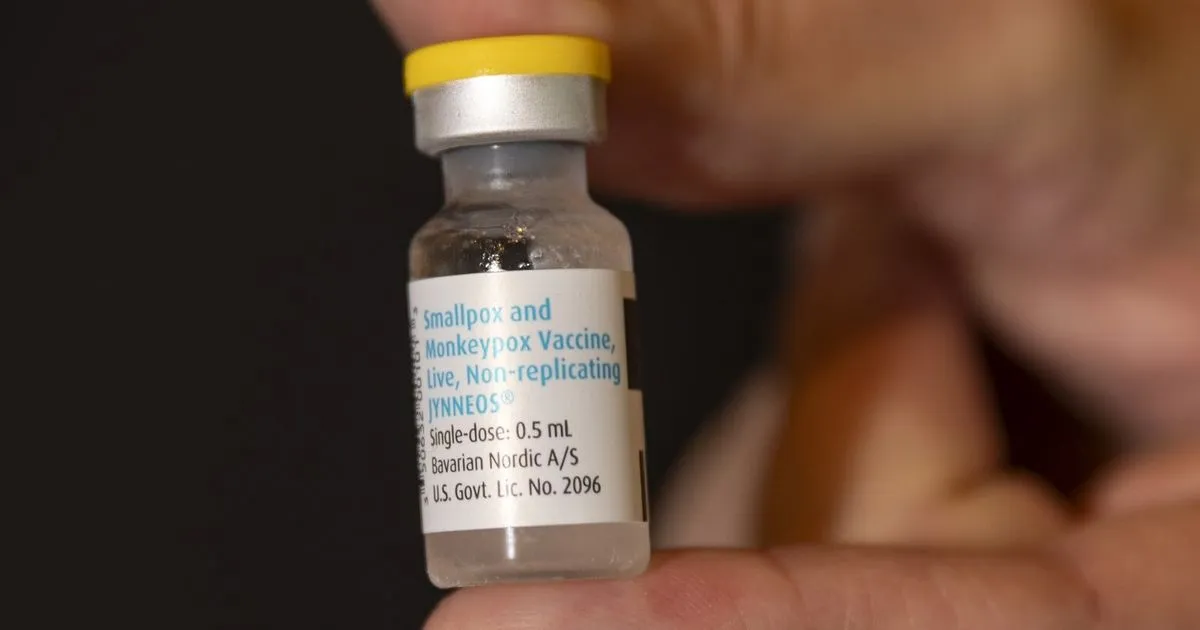
A new variant of mpox, known as Clade 1, has been identified in three California residents who had not traveled abroad. This marks the first instance of this more virulent form spreading within the United States, according to health officials. Clade 1 has been prevalent in central and eastern Africa, leading to tens of thousands of infections and hundreds of deaths.
The mpox variant that previously swept through the U.S. in 2022, known as Clade 2, resulted in approximately 30,000 infections but generally causes less severe illness compared to Clade 1. While Clade 2 continues to circulate at low levels across the U.S., health officials have reported a rise in infections in several cities since the summer. In Los Angeles alone, health officials noted 118 cases of mpox this year.
According to California health officials, the three patients—one from Long Beach and two from Los Angeles—were hospitalized but are now recovering at home in isolation. Notably, health officials have not yet identified a link among these cases. The first case was reported by Long Beach authorities earlier this week.
Dr. Kelly Johnson, an infectious disease specialist at the University of California, San Francisco, emphasized that while the overall risk of infection remains low for most individuals, it is crucial to maintain vigilance, particularly among those with weakened immune systems and men who have sex with men. “My concern is that person-to-person and community spread could be ongoing,” she cautioned.
Sonali Kulkarni, the medical director of the Division of HIV and STD Programs at the Los Angeles County Department of Public Health, stated that authorities are ramping up surveillance efforts and testing existing laboratory specimens to better understand the spread of mpox. She noted that all three patients belong to a high-risk group of gay and bisexual men, and the hospitalization of all three cases has raised concerns regarding the potential for more severe disease.
Both mpox clades can be transmitted through intimate contact, within households, or by sharing personal items. Initial symptoms typically include flu-like indicators, followed by a rash and painful lesions. Due to the virus's potential incubation period of up to three weeks without symptoms, individuals can unknowingly spread the virus to others. Men who have sex with men are at a higher risk of infection, and for those with untreated HIV, mpox can be especially deadly.
The Centers for Disease Control and Prevention (CDC) has referred requests for further comments to California health officials. The CDC recommends that individuals at risk receive two doses of the vaccine manufactured by the pharmaceutical company Jynneos, which has shown high efficacy in preventing severe illness.
The only previously documented case of a Clade 1 infection in the United States occurred in November, when a resident of San Mateo County who had traveled to East Africa was hospitalized. Health officials confirmed that this case did not lead to further infections. While the emergence of locally transmitted cases of Clade 1 mpox was not entirely unexpected, health experts express concern over the impact of funding cuts to public health and disease surveillance systems during the Trump administration. Joseph Osmundson, a clinical associate professor of biology at New York University, highlighted that ongoing budget cuts to research, surveillance, and essential health initiatives could hinder efforts to manage any potential outbreaks.
“The infrastructure we built during the 2022 outbreak has just been eviscerated,” Osmundson noted. “The very tools we need to assess our current situation and prepare for future outbreaks are being systematically dismantled.”